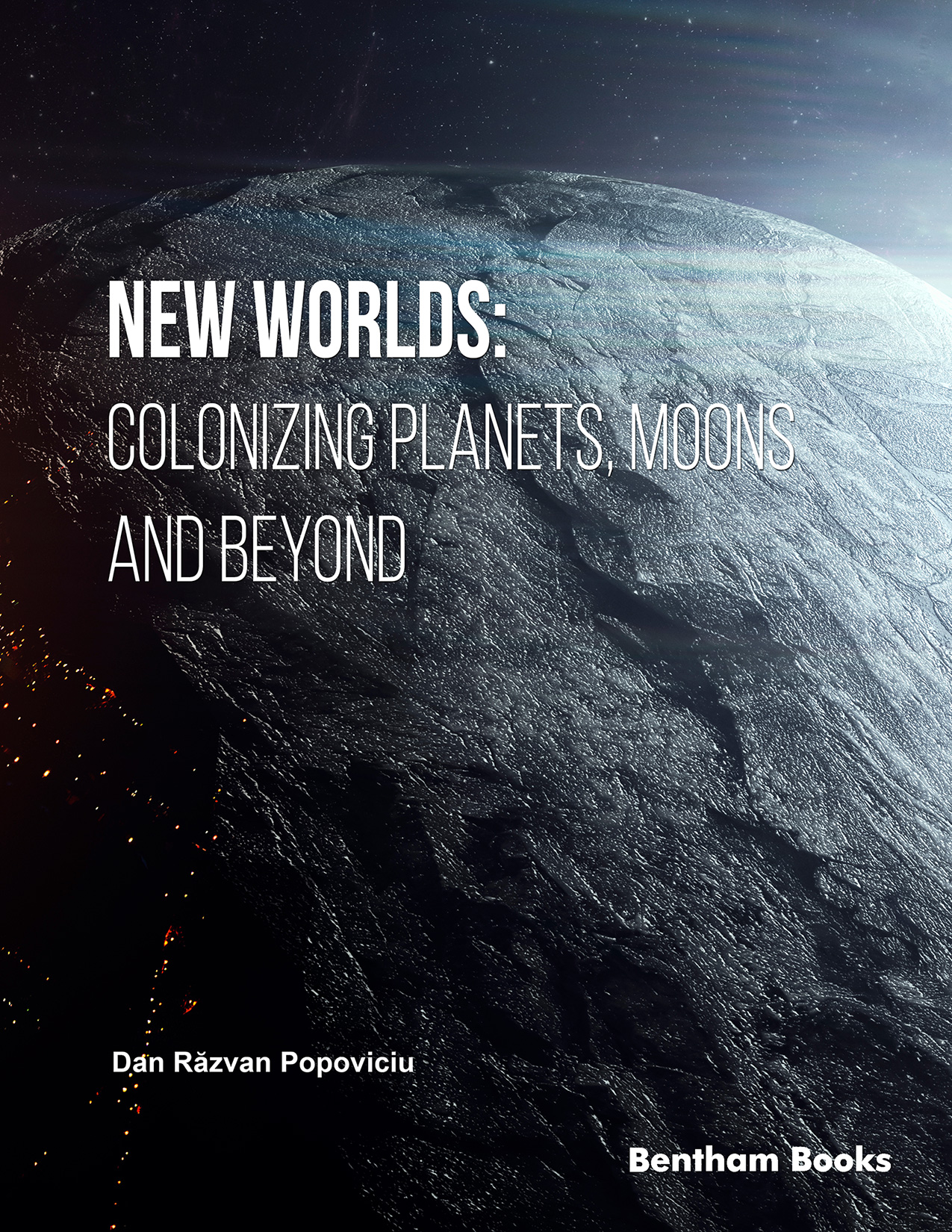|
Be fruitful and increase in number; fill the earth and subdue it
Genesis, 1:28
|
Have you ever thought about what makes us, Homo sapiens, so special?
We are not particularly massive nor fast; we do not excel in terms of force or other natural features (claws, teeth, armor...). However, we are versatile, intelligent, and imaginative, with the unique ability to anticipate the future.
And there is more... We have a unique way of interacting with our environment. While any other animal would simply follow natural selection, living and evolving, breaking up into many new species, one for each environmental niche, or simply vanishing, leaving just some fossils, we chose another path. Our intelligence and versatility allow us to change the environment to suit us.
We ploughed the fields and grew livestock. We built villages and cities. Roads and irrigation canals. We ventured through the seas and atmosphere. We drilled into the depths of the Earth, to get useful resources. We created an industry, then, not long after, we stepped into the Post-Industrial Era: that of informatics and high technology. We wanted to know our environment, and we did it in order to tame it.
Maybe the most obvious consequence of these actions is that we are currently a planetary species. And this is not easy! Most species, microbial, vegetal or animal, are distributed only in a limited area here on Earth, with relatively homogenous living conditions. What other being do you know that is able to thrive from the frozen wastelands of Greenland to the Sahara and from the Tibetan Plateau to the Amazon rainforest? The few species close to this achievement are our parasites, crops and livestock!
Today, there is no corner of Earth where our traces are not visible. We are so "pro-eminent” that we even change the world’s climate. More and more call the current climatic era the Anthropocene – the Human Epoch. Is this a good thing? A bad one? Only time will tell...
What is quite clear is that our species is difficult to eradicate. I know that the mass media regularly comes up with catastrophic scenarios, and that (post)apocalyptic novels and movies are popular (I am quite fond of, I admit!). Global nuclear war, unprecedented plagues, asteroids, super-volcanoes, or simply our indifference towards environmental degradation. The sad thing is that all these scenarios are plausible.
The good thing is that no matter how many millions die, a Global species dies hard. We are no less than 7,902,594,207 individuals on Earth while I write this paragraph (at least this is what one of the many dedicated online applications tells me [1], surely other apps give other numbers). While I finished writing the phrase above, 300 new earthlings were born!
Let’s imagine extreme climate warming! Hey, but we can simply move towards the Poles, and we will survive! An ice age? We might just group together near the Equator. A super-pandemic? It would surely decimate urban and other densely-populated areas, but it is unlikely to reach isolated communities in the Arctic or Papua.
Certainly, this does not mean that we are invulnerable. A supernova in our "close” proximity would give us a shower of gamma rays, sterilizing all landmasses and surface waters. A black hole would swallow us, together with the whole planet. Even if we avoid such dangers, in about one billion years, the Sun will "swell”, as its hydrogen reserves get exhausted, turning our home into molten rock. The Universe is a dangerous place where anything can happen.
Do you think I look too far into the future? To much to anticipate when, maybe after a day of hard work, you get home and open this book? You feel that it does not concern you?
Well, you should know that even though extinction is not imminent, an unprecedented crisis is still at our gates! Because we have reached a limit.
CONSENT FOR PUBLICATION
Not applicable.
CONFLICT OF INTEREST
The author confirms that he has no conflict of interest to declare for this publication.
ACKNOWLEDGEMENT
Declared none.
Dan Răzvan Popoviciu
Natural Sciences
Ovidius University,Constanța
Romania

